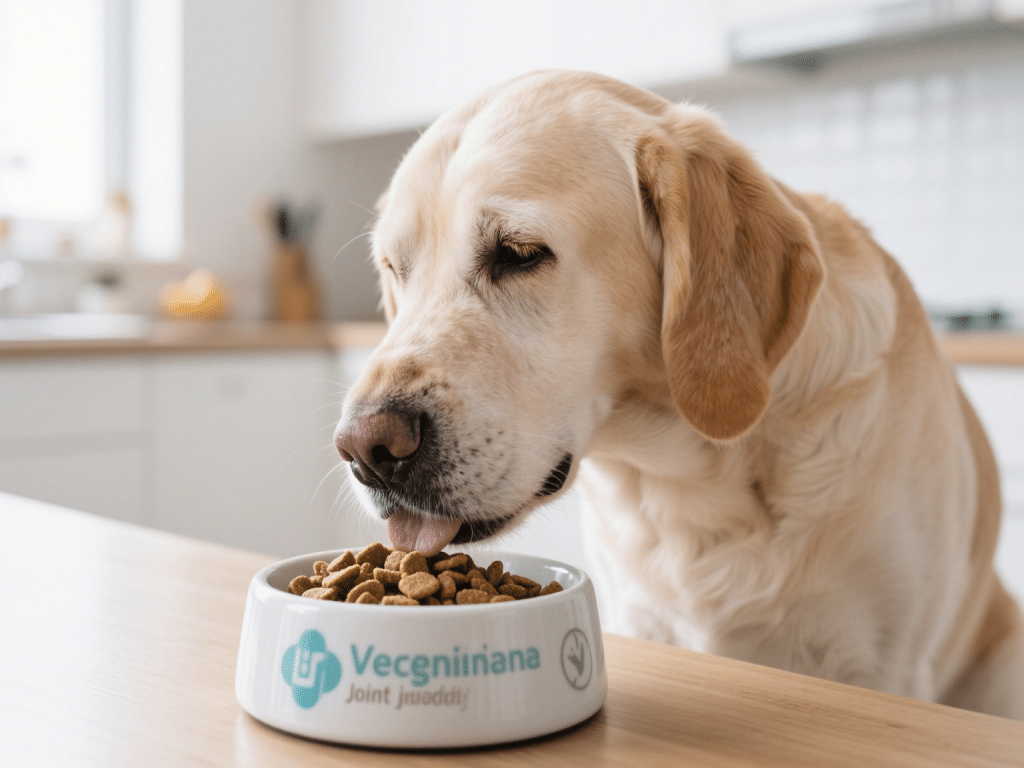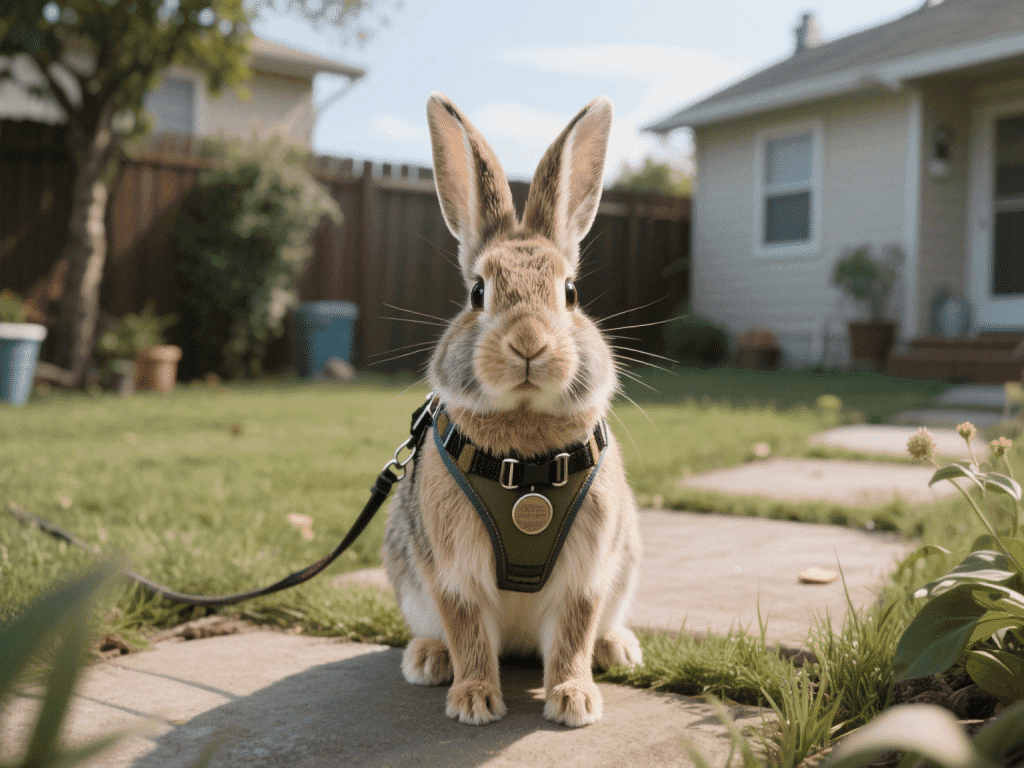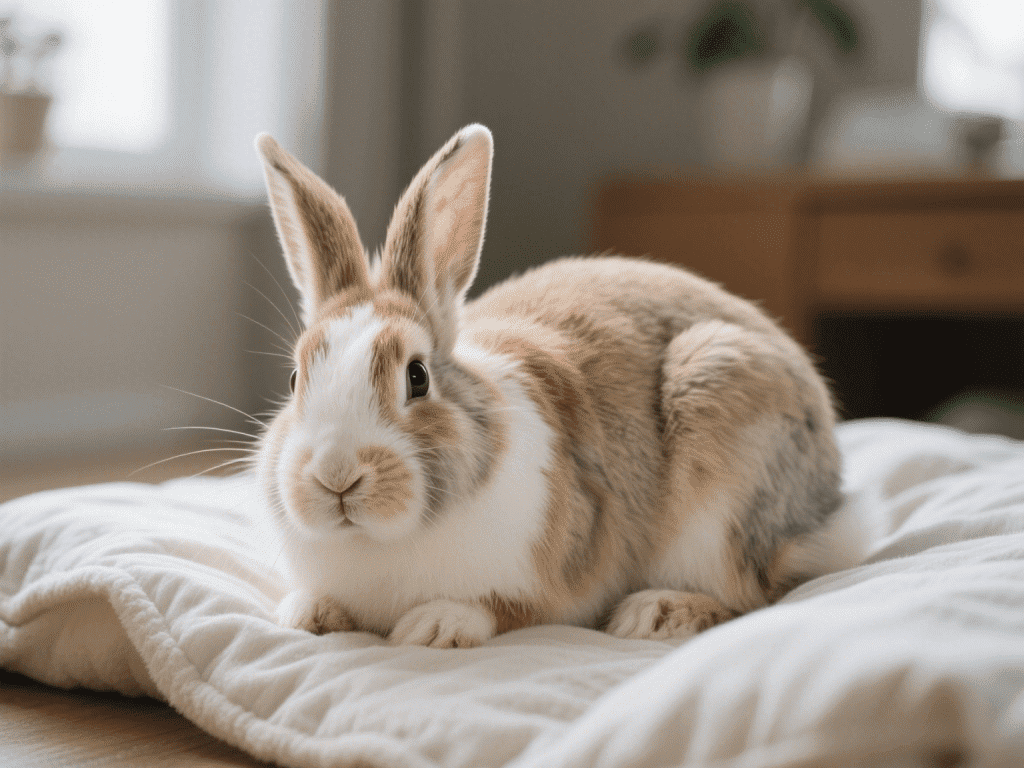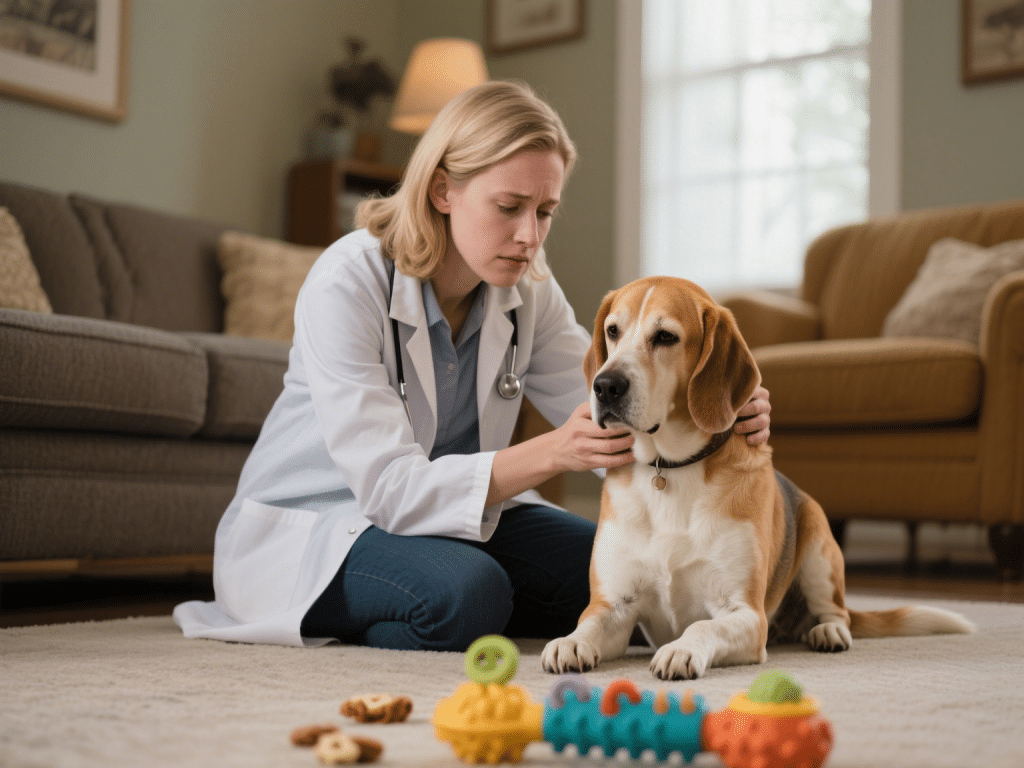Optimizing Senior Dog Nutrition: Tailoring Diets for Aging Canines

As dogs enter their golden years, their nutritional requirements shift—metabolic rate slows, joint support becomes crucial, and digestive efficiency wanes. Over- or under-feeding can exacerbate obesity or muscle wasting. With 12 years as a veterinary nutritionist, I’ll help you identify precise dietary adjustments—ingredient selection, feeding schedules, and supplement inclusion—to promote health, mobility, and longevity in senior dogs.
1. Caloric Needs & Body Condition Scoring
Energy Requirements: Senior dogs often need 10–20% fewer calories than adults.
Condition Scoring: Use a 1–9 scale to evaluate fat coverage and muscle mass; aim for a 4–5 ideal score.
2. Protein Quality & Quantity
High-Quality Animal Proteins: Digestible sources like turkey, lamb, and eggs support muscle preservation.
Moderate Protein Levels: 18–25% on a dry matter basis balances renal concerns with maintenance needs.
3. Joint & Bone Support
Glucosamine & Chondroitin: Indicated doses of 500–1,000 mg per 10 kg body weight.
Omega-3 Fatty Acids: EPA and DHA at 75–100 mg/kg to reduce inflammation and support cartilage.
4. Fiber & Digestibility
Soluble Fiber: Beet pulp and psyllium husk regulate bowel movements.
Prebiotics & Probiotics: Inulin and canine-specific probiotics optimize gut health and nutrient absorption.
5. Antioxidants & Immune Support
Vitamin E & Selenium: Neutralize free radicals; dosages per veterinary guidance.
Botanical Extracts: Green tea polyphenols and turmeric (with piperine) add anti-inflammatory benefits.
6. Feeding Management
Smaller, Frequent Meals: Four quarters of daily ration reduce gastric distress.
Hydration Monitoring: Wet food inclusion or water fountains ensure adequate intake.
7. Transitioning & Palatability
Gradual Diet Switch: Over 7–10 days to minimize GI upset.
Flavor Enhancers: Bone broth drizzles and freeze-dried liver toppers boost acceptance.
Conclusion
Optimizing senior dog nutrition requires a holistic approach—balancing calories, macronutrients, joint support, and digestive aids. Through careful diet design and ongoing body condition monitoring, you’ll help your aging companion maintain vitality, comfort, and quality of life.






Comments on "Optimizing Senior Dog Nutrition: Tailoring Diets for Aging Canines" :